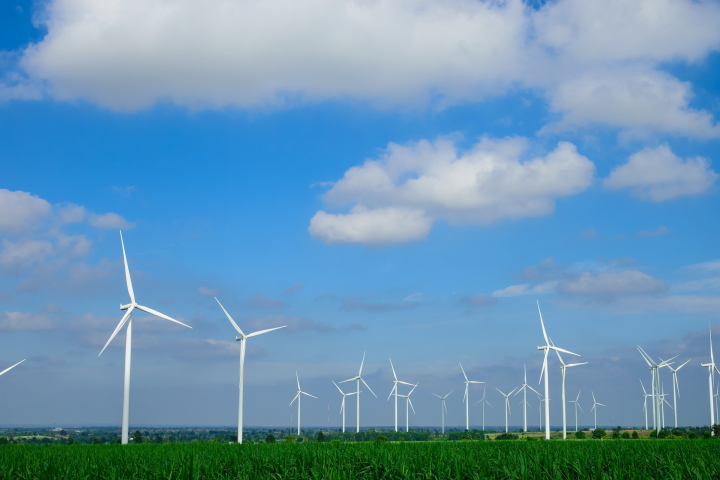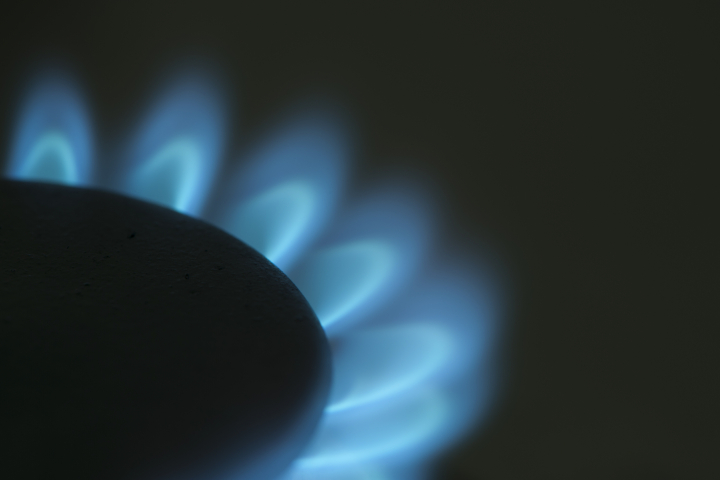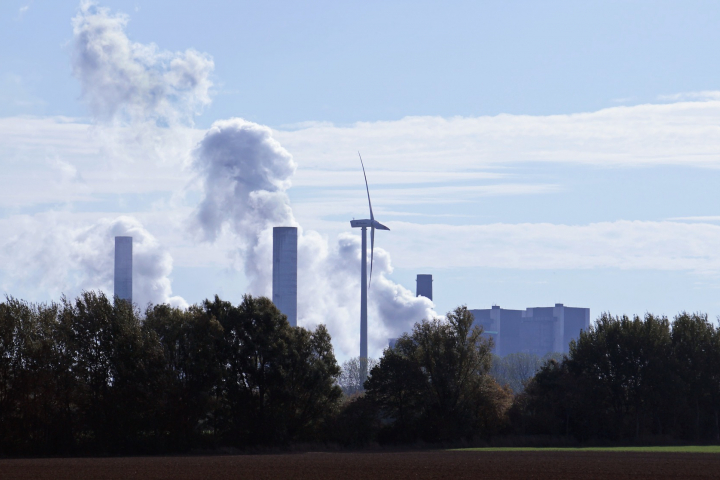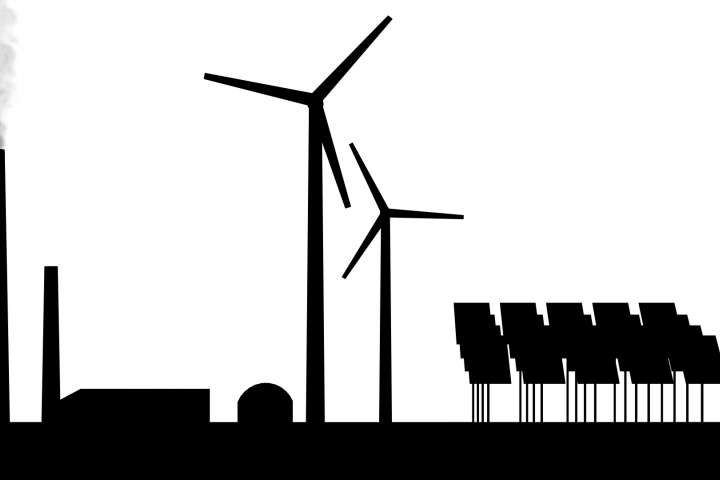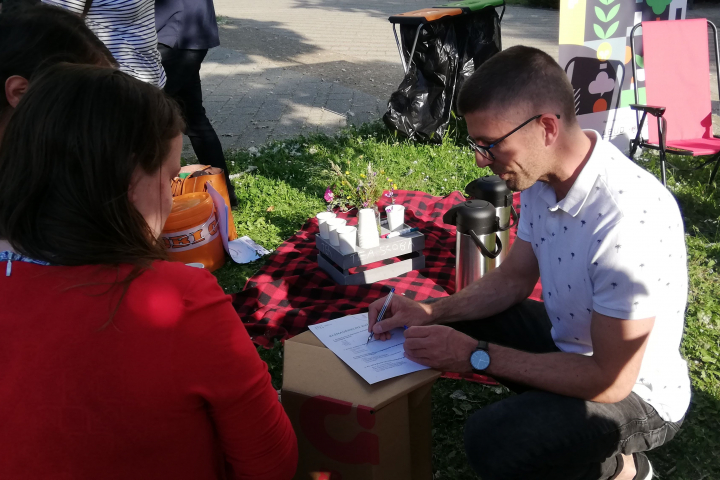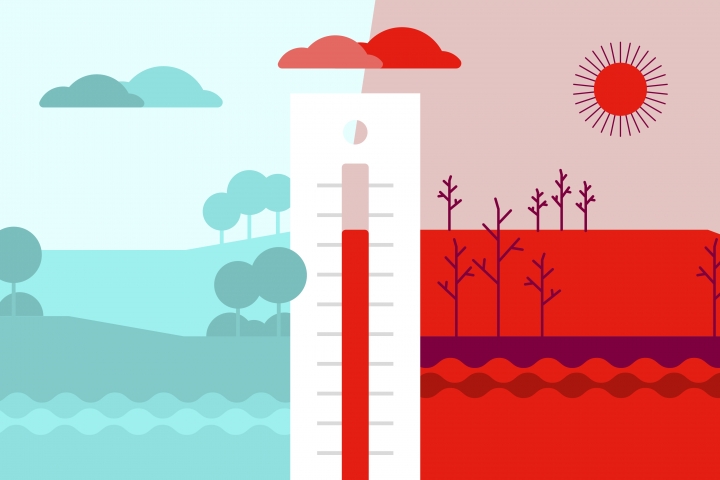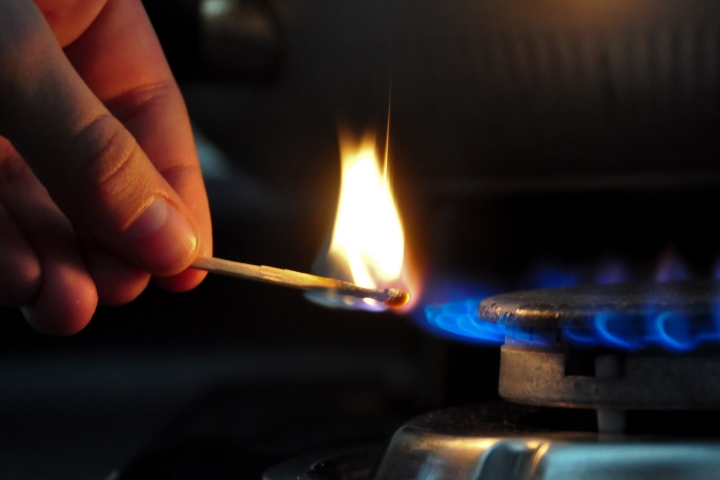Climate and Energy Policy
Climate change is happening right now: heat waves, draughts, flash floods demonstrate its effects clearer every day.
Forecasts show that in the next few decades further extreme weather can be expected: Hungary shall see hotter and drier summers coming, along with higher risk of floods, sudden heavy rains and stormy winds.
Our representative survey among Hungarian citizens shows that more than 80% of the population perceive the effects of climate change in their everyday lives and are worried about its consequences.
Climate change is the toughest environmental, economic and social challenge of the 21st century. Hungarians have first-hand experience already of a social disaster caused –partly- by climate change: the Middle Eastern refugee crisis.
Hungary is responsible for 1% of the European Union emissions that is about 0.15% of the total global emissions. The European Union is committed to 20% reduction of its greenhouse gas emissions by 2020 and now it is presumed that this target will be reached. This is good news, but unfortunately not enough to protect mankind from climate change.
To fight climate change effectively:
- we need to use energy more efficiently in order to reduce our energy consumption as much as possible;
- the rest of our energy demand needs to be covered from renewable energy sources;
- we need to adapt to the unavoidable effects of climate change.
An important part of the mission of Energiaklub is to make everyone aware that it is Hungary’s responsibility and interest to make the EU set significant emissions reduction targets and support them on the international level.
The Paris Climate Conference in December 2015 was a promising step toward international action, where the countries responsible for the biggest emissions made clear and voluntary emissions reduction commitments for the first time:
- The United States undertook a 26-28% emissions reduction by 2025 compared to the 2005 level.
- China accepted greenhouse gas emissions reduction from 2030 onwards, 60-65% reduction of the emissions/GDP ratio compared to the 2005 level by 2030 and the increase of the share of non-fossil energy production to 20% by 2030.
- EU committed itself to reduce emissions by 40% by the year 2030 (compared to the 1990 level).
- Russia shall reduce its emissions to 70-75% of the 1990 level by 2030.
Details of the implementation and monitoring of these commitments were elaborated at the Marrakech Climate Conference in December 2016.
Energiaklub is working to create political intention and broad social support for the implementation of the thorough climate policy reforms needed to keep our environment livable and sustain this mostly peaceful and civilised world.
